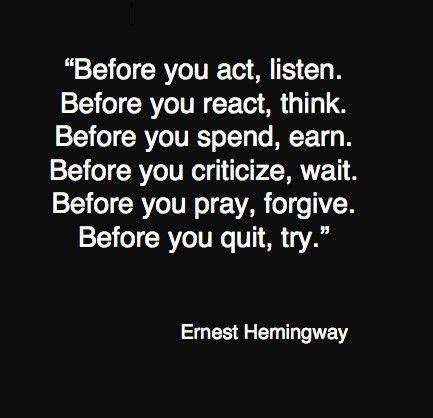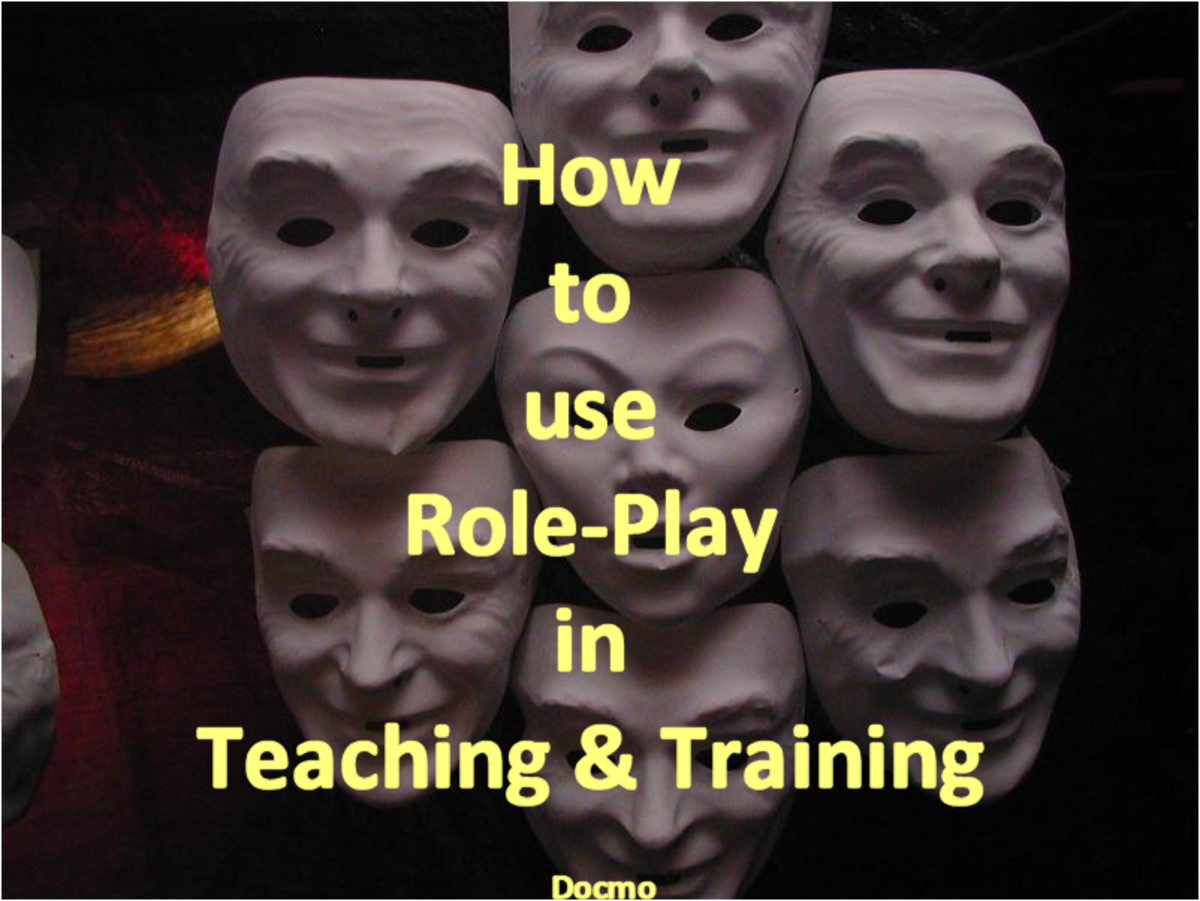How to Take Criticism Positively
Learning How to Respond to Criticism or Feedback
There is no one best answer for how you can respond to negative feedback or criticism because there are so man variables in the possible scenarios of giver and receiver alone. Throw in potential circumstances surrounding the criticism or feedback, and there are thousands more possibilities.
Even though there is no one best answer to learn how to respond to criticism positively, there are some general ideas to keep in mind when criticism or feedback comes your way.

You Won't Please All of the People All of the Time
Abraham Lincoln, a man known for his wisdom, once said, "You can fool some of the people all of the time, and all of the people some of the time, but you can not fool all of the people all of the time."
So it goes for pleasing people. There will be times when no one is unhappy or unsatisfied with decisions you've made or actions you've taken. There will be other times, likely to be more numerous than the first group, where one or more people are less than enthusiastic or on-board with your action and decisions. There may also be times when you are standing alone with your ideas, decisions or actions.
The lesson, then, is that your expectations should match reality. If you expect that things you've said or done may meet with disapproval or outright criticism from others, then you'll be neither surprised or disappointed when that expectation is met. And, for those rarer occasions when everyone seems to be in agreement with you, the positivity of that will override your "disappointment" when your expectations of criticism or negative feedback were not met.

The Higher the Rank, the More You're Criticized
Think about it: Very few of us criticize the "little guy/gal." We save our disagreement and criticism for those in positions to make policy and decisions. The higher you go on the totem pole of life, the more likely you are to draw criticism for your decisions and actions, particularly when those decisions and actions affect a large group of people, whether they be co-workers, constituents, family members or the public at large.
Again, allow your expectations to match the reality of your circumstances.
Listen to the feedback and criticism; listen with an open mind. You needn't respond immediately, but ask if you can take some time to consider what's been said or written after verbalizing or writing your understanding of the issues being questioned or condemned to ensure you are understanding the message.
Five Strategies to Handle Criticism
Accept the Other Person's Perspective
How to Handle Personal Criticism
Criticism of any kind is hurtful, at least initially. That's why you should take a moment before responding to it to gather your thoughts, acknowledge your feelings, then move forward. When you have time to review the criticizing message or feedback, you may see that there is some merit to it. That takes some of the sting out of the criticism and gives you the opportunity to address whatever may need to be changed or corrected.
Harsh criticism, to me, is more than about criticizing what actions I've taken or decisions I've made. Harsh criticism is the kind that goes beyond those things and becomes directed at me in a personal way.
The sting of personal criticism can weigh heavily on you, if you let it. If, instead, you treat criticism directed at your intelligence, morals, ethics or more as you would a bully in the schoolyard, which is to not react to the taunts, you will have disarmed the critic.
Go one step further by thanking the critic for his/her input. Do so with a level tone of voice and making eye contact if talking in person. Control your body language; avoid crossing your arms over your chest or turning away from the person speaking -- in other words, stand your ground in an assertive, but not aggressive, manner.
When you respond to the non-personal portion of the criticism or feedback, respond only to the non-personal portion of the question or concern. Keep the tone in your response assertive; don't resort to passive-aggressive (often sarcastic) or aggressive communication. Show that you are the bigger person in this interaction by bringing it back to the topic at hand.
If you feel you must discuss the personal criticism with the person who made it, do so separately from handling the non-personal criticism. Just remember, most of the time that personal criticism leveled toward you only has the value you assign to it. Letting it pass may be the wiser choice, but situations and the type of personal criticism may dictate otherwise.
How to Give Constructive Criticism
Interested in Other Criticism Topics, Views?
- Feedback: How to Handle False Criticism at Work
Not all feedback is good feedback. Sometimes the criticisms we receive are unsubstantiated and false. While no criticism is enjoyable, the most difficult criticism to take is false criticism. Read this hub to learn how to respond to false criticism. - Don't Be Beaten Down by Self-Critical Thoughts
- How To Take Criticism About Your Writing Objectively
Being objective to criticism is vital to learning from the views of readers. Being objective allows you to learn how to improve your own writing skills. - How to Give Constructive Criticism
Constructive criticism is an important tool to help people improve. To make sure people listen to you what you say, follow these rules. - How to Give and Respond to Constructive Criticism
It can be difficult to provide constructive criticism, particularly to a friend. This article should help you to discover the best way to go about helping someone to improve him or herself!








